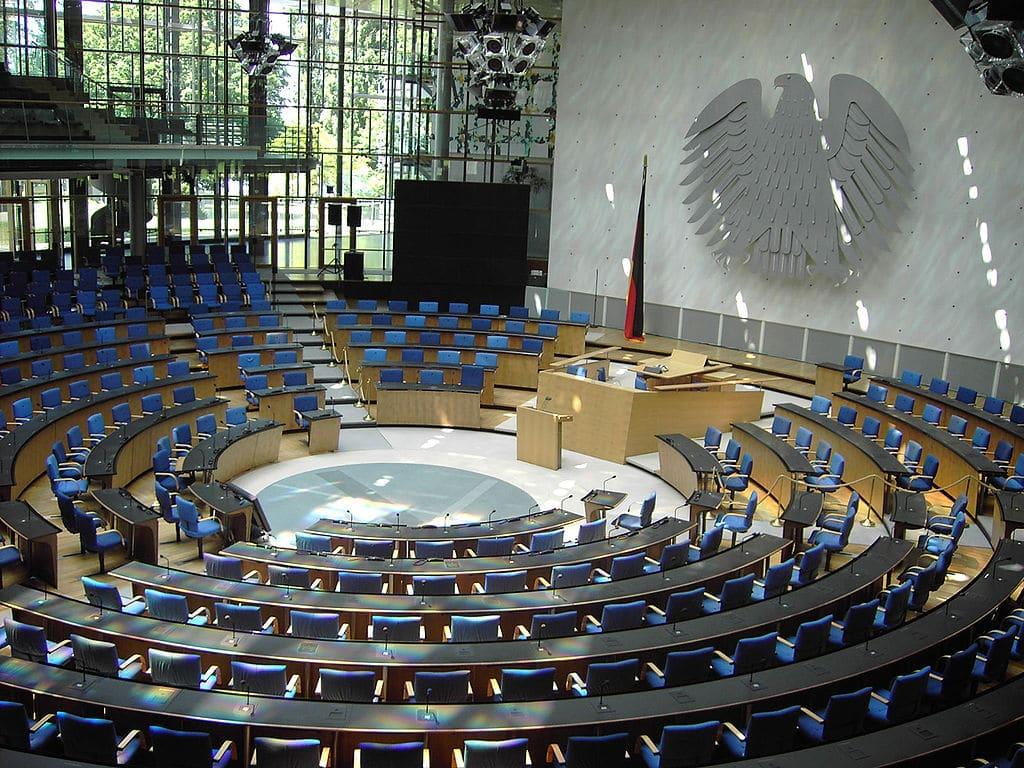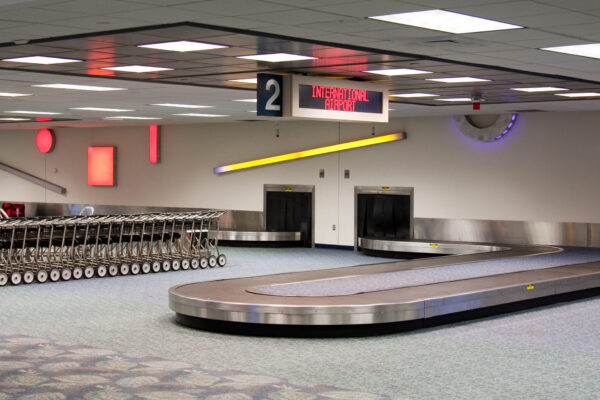A little more than a month ago, on September 24, federal elections were held in Germany. Chancellor Merkel’s party, along with its Bavarian sister party (the CDU/CSU) lost many seats in parliament but she still emerged with a mandate to form the next government and made history by winning a fourth term as chancellor.
News coverage of the election, in Germany and around the world, predominantly focused on the fact that a far-right party, Alternative for Germany (AfD), gained seats in parliament for the first time since World War II.
Exit polls showed that more than 60% of AfD voters intended their vote to be a signal of protest to the traditional German political establishment rather than an endorsement of far-right ideology.
But the German economy has been running at full-throttle in recent years, so this was not an effective protest vote. Many Germans realize that the federal government is not the answer to all of the country’s problems—the business community holds the keys to greater prosperity for everyone.
Return to a Dark Past?
The AfD’s support from 12.6% of the electorate has been interpreted by some to mean that Germany has shifted right-ward, stirring memories of the country’s dark history with Nazism and Adolf Hitler. There has been much hand-wringing about right-wing extremists being allowed to express their points of view in the German parliament.
I say, “Bring it on.”
Here’s why: Unless you grew up in Germany, as I did, it is difficult to fathom how much the country continues to be haunted by its past. To this day, unless there is a major soccer tournament going on, most Germans hesitate to display the German flag for fear of being labeled a “neo-Nazi.”
But even though the country, like much of Western Europe, has been severely challenged by the influx of refugees from Africa and the Middle East, with many small towns genuinely struggling under the burden, Germany is not in danger of repeating the historic mistakes of its Nazi past.
Open Debate Is Key
Germans are great debaters. The majority of Germans are extremely well educated, conscious of history, geography, philosophy and the principles of theology. Over the last several years, however, much of the debate in far-right circles has been relegated to beer halls and bars and – literally – has not been exposed to the light of day.
Because of this, the far-right party, led by anti-immigrant German nationalists, has not been forced to have its losing arguments stand up to an open debate in the German parliament.
The parliament, under the more-than-able leadership of its new president (the U.S. equivalent would be the Speaker of the House of Representatives), former finance minister Wolfgang Schäuble, will do just fine in a debate with this group of far-right ideologues.
The more important take-away from the election is the re-entry of the pro-business and entrepreneur-friendly Free Democratic Party (FDP), which gained enough seats to now be in negotiations with Chancellor Merkel to form a government along with the Green Party.
The FDP’s party platform is largely based on the fact that, like many Western nations, Germany is struggling with digitizing its economy. The platform is all about digitizing the economy and incentivizing business investment.
The Green party, on the other hand, has traditionally brought a focus to environmentally friendly and sustainable government policies and has encouraged investment in the “clean tech” energy sector.
A Strong Coalition
Negotiations are underway to form a coalition government between the CDU/CSU, the FDP and the Green Party—that would be a great combination!
The negotiations, however, have just gotten off the ground and promise to be very difficult–they may even last until close to Christmas. On more than one occasion, it appeared that the negotiations were flying off the rails and new elections would have to be called.
But I predict that a coalition government will be formed and that Germany is well- positioned to benefit from this new leadership. And this new government will benefit from a common ideological enemy in parliament from the far-right extremist fringes that will help unify its message and strengthen its resolve to lift up its European neighbors while playing a key leadership role on the world stage.





